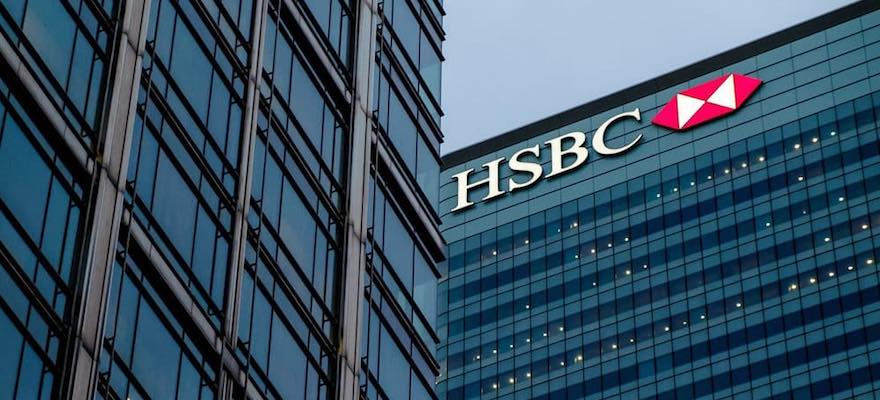It’s been 24 hours since HSBC issued a statement that provided an update on the bank’s strategic plans for the near future and investors don’t seem impressed. The company’s share price has hardly budged since this Monday's announcement as it continues to hover around the 733 pence mark.
The new strategy will see Europe’s largest bank investing $15 - 17 billion in new technology. In its statement, HSBC noted that the primary purpose of this investment would be to boost “customer centricity,” without specifying exactly what that means, and improve customer service.
Presented less nebulously were the company’s plans to invest in China. The firm has stated that it wants to invest in the Pearl River Delta, an area of China that includes Guangzhou, Hong Kong, and Shenzhen, and the Association of Southeast Asian Nations (ASEAN) - an international body made up of Indonesia, Malaysia, the Philippines, Singapore, and Thailand.
No change in dividends
The company plans on meeting its strategic targets over the next two years. To achieve them it plans on maintaining a return on tangible equity greater than 11 percent by 2020, ensuring positively adjusted jaws each year, and leaving dividends at their current levels.
According to Bloomberg, an analyst at the investment bank Jefferies Group, Joseph Dickerson, was not happy with HSBC’s dividends plans. Jefferson told clients that the “the firm stance on maintaining dividend per share at current levels is a disappointment to us.”
It’s a been tough ride for HSBC’s new CEO John Flint. Appointed in February, Flint took over in the wake of several massive fines for the company.
In the past twelve months, in the FX division alone, the bank was fined $175 million by US authorities and $51 million by Hong Kong’s Securities and Futures Commission. The latter was the largest fine ever issued by the Hong Kong regulator, and the incident saw HSBC losing the license, for a one year period, that allowed it to deal and advise in securities-related business.


















